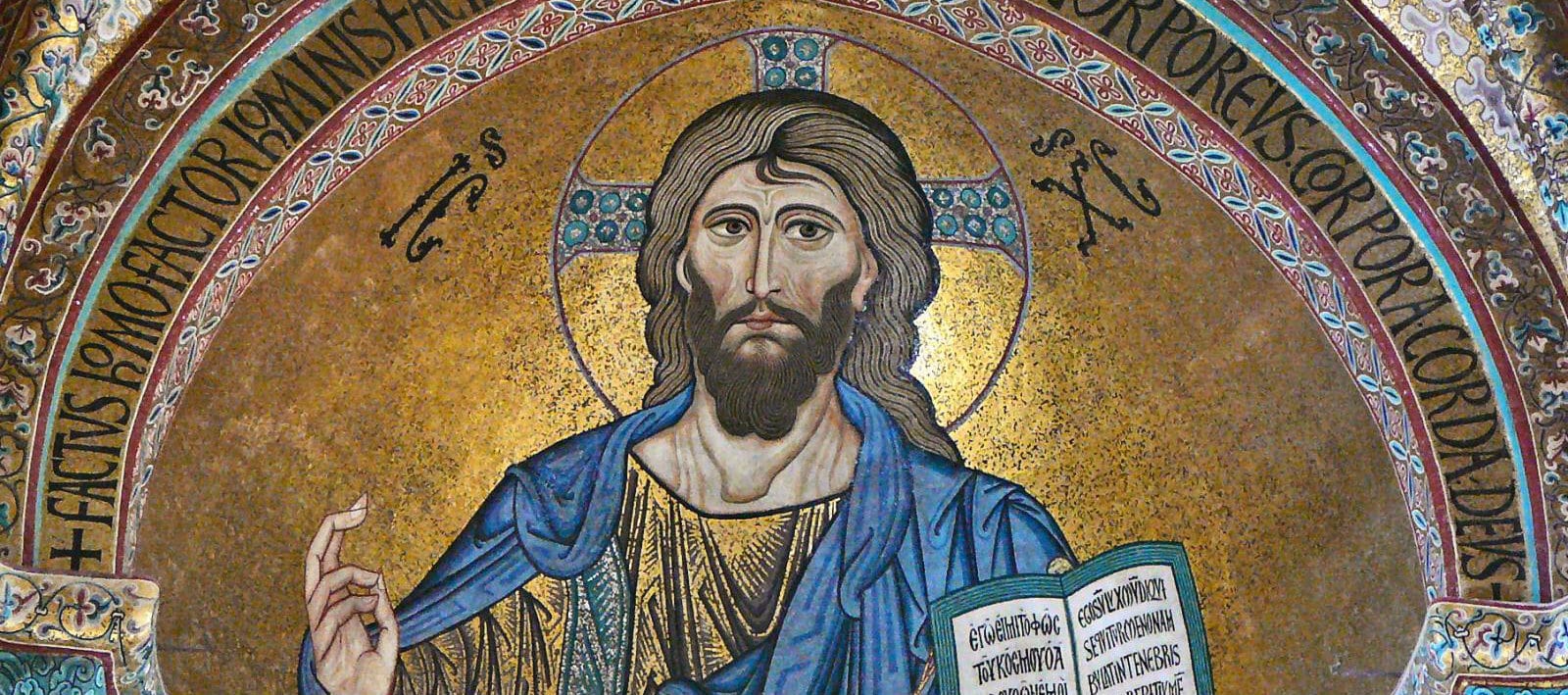EXERCISE AUTHORITY AS CHRIST

Unlike worldly kings, who win or retain a kingdom by war, our Lord won his kingdom by self-sacrifice. His moment of victory was the moment of his greatest weakness, when on the Cross he was lifted up from the earth in order to draw all people to himself (cf. John 12:22). Our Lord wins souls into his kingdom not by the power of an army but by the ministers of Holy Baptism. By faith and Baptism they are delivered from the kingdom of darkness and transferred into the kingdom of God’s beloved Son (cf. Colossians 1:13). In contrast to the world, the Sovereign of this kingdom rules by mercy and love. Those who have the highest place in his kingdom are the meek and humble.
On this Solemnity of Christ the King we might ask ourselves, if Christ became ruler by the weakness of the Cross, how are we to exercise authority in our various places of responsibility? A ruler normally displays strength, not weakness. But the Savior said to Saint Paul, “My power is made perfect in weakness” (2 Corinthians 12:9). He taught the apostle that he was made strong by being weak in his own human effort. The less Paul would depend on himself the stronger he would be, since his strength would come from God. In this, he was doing nothing other than following the example of Christ, who said, “When you have lifted up the Son of Man, then you will know that I am he, and that I do nothing on my own authority but speak thus as the Father taught me” (John 8:28). Here, Jesus connects his authority with his being “lifted up” – nailed to a cross – and his relationship to the Father. This says a lot about how we ought to exercise the authority that God delegates to us for the benefit of others.
The Bible teaches that all authority comes from God. “For there is no authority except from God, and those that exist have been instituted by God” (Romans 13:1). This is true whether authority is exercised by leaders of states, families, businesses, organizations and, of course, the Church. Every communal group needs some kind of authority to hold it together and direct it towards the same purpose. Without an authority – a person, persons or even rules of conduct – a community will fall apart since it has no direction and lacks the leadership to unite it. But authority is closely associated with power, and so it can easily be abused. In such cases, God’s purpose for authority is thwarted, as in the instance of kings and governors, “who are sent by him to punish those who do wrong and praise those who do right” (I Peter 2:14). When kings and governors, and anyone in authority, act out of self-interest, they oppose the plan of God.
In the Christian dispensation, authority needs to be connected to weakness. We have a King who was crucified. When we are in a position as “kings” or “queens” we must crucify our passions so as not to abuse our authority. We must let go of the desire to control other people. We must resist the temptation to manipulate people. This does not mean we should be pusillanimous leaders. God does not intend for us to shrink before our responsibilities. After all, our example is Christ, the strongest of leaders. At times he showed great vigor in exercising his authority, such as when he calmed a storm, and when he took up a whip and chased the moneylenders out of the Temple precincts. At other times he restrained his power, as when he was arrested in Gethsemane: “Do you think that I cannot appeal to my Father, and he would at once send me more than twelve legions of angels? But how then should the Scriptures be fulfilled, that it must be so?” (Matthew 26:53-54). Whenever Jesus exercised authority, he did it in weakness, ceding first place to the will of the Father, which requires the strongest of character.
The authority we might have as a parent, a boss, a public official or a group leader is given to us by God for the benefit of those over whom you preside, as well as for the success of the common mission. Let us pray that we may use our authority, however great or small it may be, in the manner willed by God. It exists to correct the wrong and to praise the right. It exists not as a service to ourselves but to others. Let us ask that we may be weak, suppressing our disordered passions and relying on God’s grace, for then we will be strong. Let us ask for the prudence to hold back when that is the best option, and to act boldly when necessary. In all things let us follow the example of Christ crucified!
FATHER SCOTT




Comments
Post a Comment